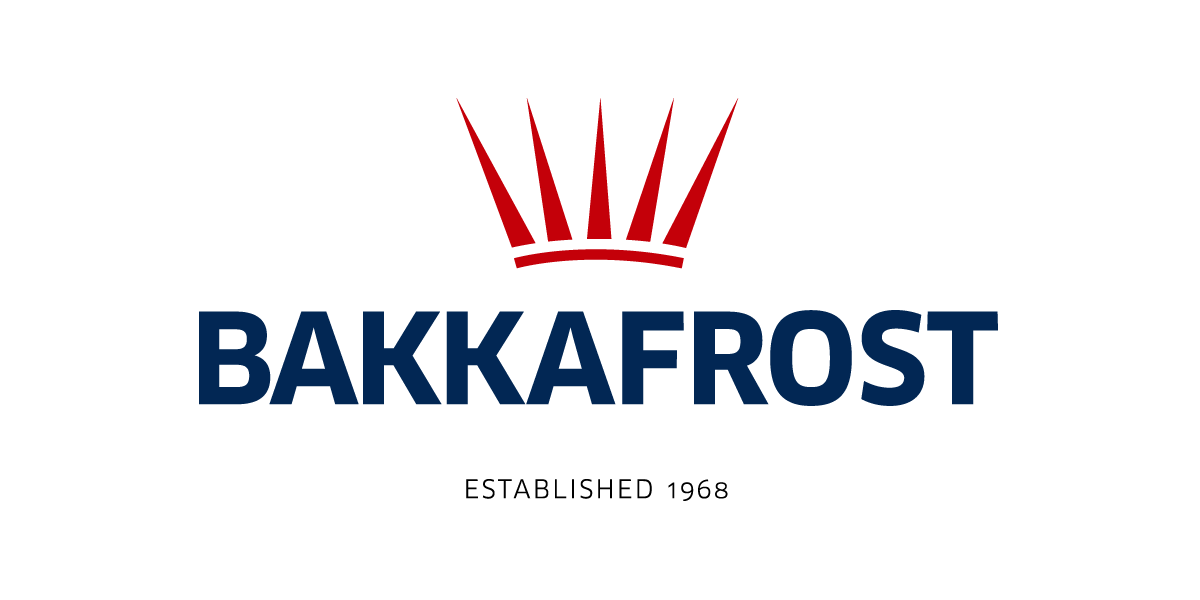Bakkafrost (BAKKA) is one of the world’s leading players in the salmon farming industry, and has built its reputation largely on its commitment to vertically integrating one of the most complex and delicate value chains I know of. In order to mitigate the risks inherent in open-water salmon farming, having advanced machinery, skilled human resources or a prime location are not enough. Nature is capricious and biological risks have evolved over the decades. The resilience of the business depends on its operations being flexible, able to adapt to ever-changing circumstances and environments. This can only happen if you have a management team that really knows what they are doing and with the right mindset. Bakkafrost is a family business that dates back to 1968. The current CEO, Regin Jacobsen (who has held the position for 35 years) and current CFO, Høgni Dahl Jakobsen, are both sons of two of the three members of the founding family. Both have a huge responsibility, not only because they have to protect a legacy that is more than 50 years old, but because most families in the Faroe Islands depend on the success of the company. Bakkafrost accounts for 70% of the islands' salmon production and is the largest private employer in the country.
Salmon farming is an extremely complex business and the industry has managed to get this far by learning from past mistakes. Bakkafrost’s history is full of scars, but the resilience gained through hard lessons has served it well to achieve a near-monopolistic position in the Faroe Islands – and also to try to replicate its success now in Scotland. As I said, in order to survive and thrive in the industry it is necessary to have control over every single detail of every process in the value chain: genetics, hatcheries, smolt operations, salmon feed, at-sea transport, harvesting, processing, marketing, logistics... The salmon farming cycle is usually around 30 months (compared to less than 12 months for chicken and 18-22 for pigs) and any small mistake, however insignificant it may seem, can mean having to start the process from scratch again, not to mention that after two and a half years of hard work and investment, the market price of salmon can vary considerably. So why bother analyzing a business of this nature? The truth is that salmon farming can be a business as complex as it is profitable (in 2022 BAKKA achieved EBIT margins of 41% in the Faroese segment).
Between 2004 and 2018, just prior to the acquisition of The Scottish Salmon Company in 2019, BAKKA’s performance was unmatched within the industry, managing to increase EBIT by a 32.5% CAGR with little equity dilution and a low levered balance sheet. Despite being a relatively small player, Bakkafrost benefits from unrivaled unit economics thanks to its privileged geographic location. The Faroese regulatory framework, water and environmental characteristics are the main reasons why fish growth is higher in this part of the world. Larger harvests are critical to achieving economies of scale in a business with a very high fixed cost structure (the heavier the salmon, the more EBIT per kg the farmer is able to obtain).
The stock is almost where it was 5 years ago, when Bakkafrost decided to expand into Scotland and acquire a struggling competitor. The market is still skeptical that the company can replicate its success story and I wanted to share my thoughts on the business itself, the tailwinds of the industry, the risks inherent in salmon farming and the opportunity to expand into Scotland, but also the potential risks of this new phase for Bakkafrost.




